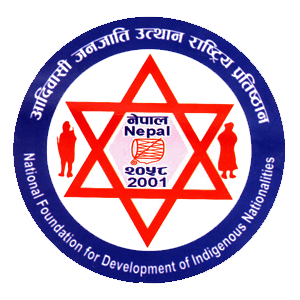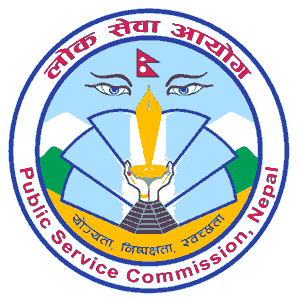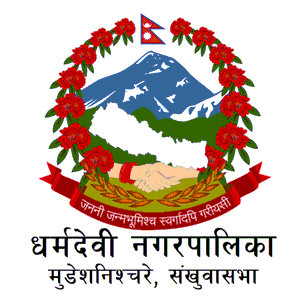Overview
The National Human Rights Commission (NHRC - Rastriya Manav Adhikar Aayog) in Nepal represents a cornerstone in the country's commitment to upholding human rights. Initially established as an independent statutory body in 2000, the NHRC has since undergone significant transformation. With its elevation to a constitutional entity as per Article 131 of the Interim Constitution of Nepal, 2007, and later, Article 248 of the current Constitution of Nepal (2015), the NHRC has been endowed with increased mandate, competence, and independence.
The NHRC's mandate is distinct and complementary to the functions of Nepal's Supreme Court, the Office of the Attorney General, and other judicial and quasi-judicial bodies. Key responsibilities include the promotion and protection of human rights across Nepal. Moreover, the NHRC is tasked with submitting an annual report on its activities to the President of Nepal, which is then presented to the Federal Parliament through the Prime Minister.
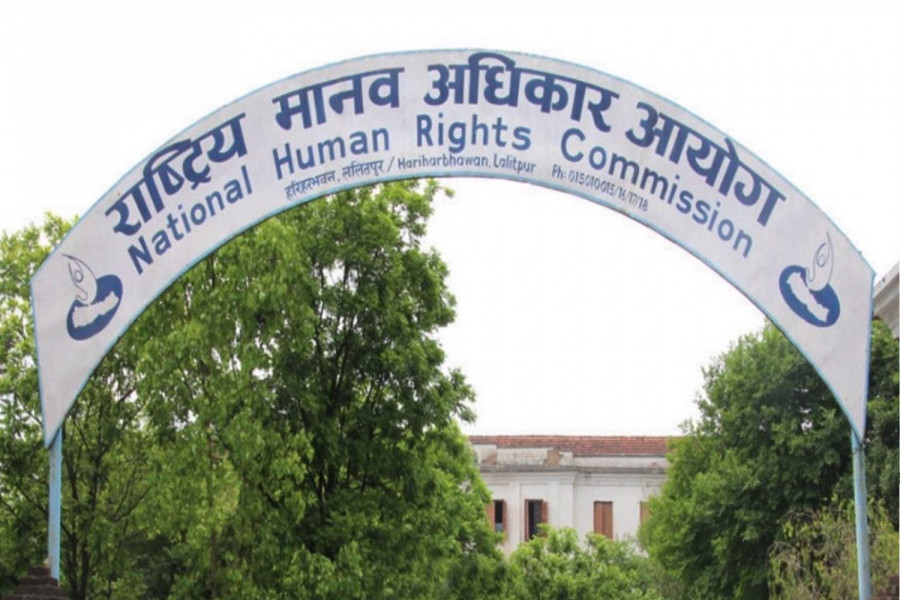
Core Mission and International Recognition
Guided by the motto "Human rights for all, at every household: basis of peace and development", the NHRC aims to embed human rights awareness into the fabric of every Nepalese household. This mission underscores the Commission's role in fostering a peaceful and progressive society. Internationally, the NHRC's adherence to the Paris Principles, established at the 1991 UN-sponsored meeting and endorsed by subsequent UN resolutions, has earned it an "A" status accreditation from the Global Alliance of National Human Rights Institutions. This recognition is a testament to Nepal's dedication to human rights, further illustrated by its election to the United Nations Human Rights Council.
The Paris Principles and Composition of NHRC
The Paris Principles emphasize the importance of a pluralistic composition and the transparent appointment of NHRC members, ensuring representation of diverse societal forces. The appointment process, outlined in Articles 248 and 292 of the Constitution of Nepal, involves recommendations by the Constitutional Council followed by Parliamentary hearings. This process ensures that members appointed to the NHRC are highly qualified individuals with significant contributions to human rights or other national sectors.
Qualifications for Membership
To be eligible for appointment, candidates must meet rigorous criteria including a background in human rights advocacy or significant achievements in various national fields, a bachelor's degree, and a minimum age requirement. These stringent qualifications ensure that the NHRC is composed of individuals of the highest moral character and dedication to human rights.
Broad and Inclusive Mandate
The National Human Rights Commission of Nepal (NHRC) is endowed with a broad and inclusive mandate, crucial for the respect, promotion, and protection of human rights across the nation. This mandate enables the NHRC to conduct inquiries and investigations into allegations of human rights violations and recommend legal or departmental actions against those found culpable. This pivotal role is in alignment with the 'Paris Principles', ensuring the Commission's independence and effectiveness through constitutional and legislative guarantees.
Key Functions and Responsibilities
The NHRC's responsibilities are expansive, covering a wide array of human rights issues:
- Enforcement of Human Rights: The Commission is tasked with ensuring the respect, protection, and promotion of human rights, alongside the effective enforcement of these rights.
- Investigation and Inquiry: It has the authority to investigate complaints related to human rights violations on its own initiative or based on petitions or complaints received.
- Recommendations for Action: The NHRC can recommend departmental action against officials who neglect their duties in preventing human rights violations or recommend legal proceedings against individuals or organizations responsible for such violations.
- Collaboration with Civil Society: A key role of the Commission is to enhance human rights awareness through cooperation and collaboration with civil society organizations.
- Review and Recommend Legislation: Periodic reviews of laws related to human rights are conducted to recommend necessary improvements or amendments to the Government of Nepal.
- International Human Rights Compliance: The Commission also advises the government on the implementation of international human rights treaties and agreements to which Nepal is a signatory.
- Public Accountability: In cases where recommendations or directives related to human rights violations are not observed or implemented, the Commission has the power to publish the names of officials, persons, or bodies responsible, recording them as violators of human rights.
Educational and Awareness Initiatives
Apart from these core functions, the NHRC actively engages in human rights education and awareness campaigns through seminars, symposia, and conferences. These initiatives aim to build a widespread consciousness and understanding of human rights protections among various levels of society, reinforcing the Commission's commitment to fostering an environment where human rights are universally respected and protected.
Overall, the National Human Rights Commission of Nepal operates with a clear and powerful mandate, serving as a guardian and promoter of human rights throughout the country. Its comprehensive responsibilities, ranging from investigating violations to advocating for legislative reforms, underscore its essential role in advancing human rights. By collaborating with civil society and holding violators accountable, the NHRC not only champions the cause of justice but also ensures that human rights remain a foundational pillar for peace and development in Nepal.
Contact Details:
National Human Rights Commission - Nepal
Harihar Bhawan, Pulchowk, Lalitpur, Nepal
G.P.O. Box: 9182, Kathmandu, Nepal
Telephone: 00977-(0)1-5010015 (Hunting Line)
Audio Notice Board Service No: 1618-01-5010015
Fax : 00977-(0)1-5547973
Email Address: nhrc@nhrcnepal.org



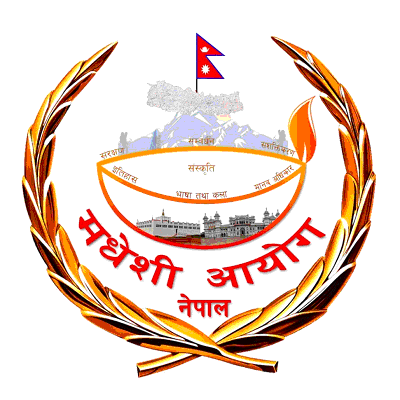
-Logo.png)
-Logo.png)
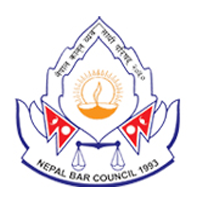
.png)
